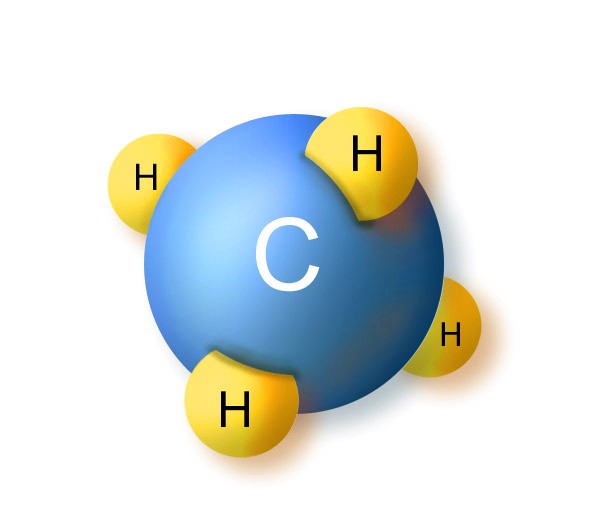BRUSSELS – Shell today announced the opening of its first Belgian LNG (liquefied natural gas) station in Herstal, Liège. Catering to trucks, the station is located near the three-border point at the E313, a key route for international road freight. The new station has a capacity of 3.5 KT of LNG and can supply 150 trucks with LNG daily.
“LNG fuel is an important option for transport companies,” says Laurent Charlot, Commercial Director, Shell Belgium. “Shell is committed to thriving throughout the energy transition and LNG will play an increasing role in the energy mix. We expect demand for LNG to grow and continue to work with truck manufacturers, customers and policymakers to promote the use of LNG as a cleaner-burning and more affordable transport fuel. The station in Herstal is an important step in the further expansion of our network of LNG stations in Europe.”
“With the rising demand for energy and the increasing need to reduce transport emissions, we face the challenge of how to make transport both more efficient and cleaner at the same time”, says Marie Christine Marghem, Federal Minister of Energy, Environment and Sustainable Development.
Shell sees a mosaic of fuels and engines developing for road transport and believes LNG has a significant role to play as a solution for heavy-duty road transport. Road transport companies are increasingly choosing LNG fuel as it offers both financial and environmental benefits in comparison to conventional diesel. LNG is cleaner-burning than diesel and produces less sulfur, particulates and nitrogen oxides. Moreover, it also contributes reducing noise pollution and can help lower CO2 emissions.
Shell already has 7 LNG stations in the Netherlands (Rotterdam, Waalwijk, Amsterdam, Pijnacker, Waddinxveen, Eindhoven and Heerenveen) and intends to open further LNG stations in Europe over the next 12 months.
- Heavy-duty road transport accounts for around 5 per cent of the vehicles on EU roads but generates nearly a quarter of emissions according to Bruegel, a Brussels think tank.
- Shell expects LNG to play a greater role in the future mix of transport fuels, as reflected in the EU Clean Power for Transport Directive. Liquefied natural gas can be used as a cleaner-burning fuel for heavy road transport, the shipping sector and freight transport by rail.
- The Shell Retail business has an ambition to generate 20% of its fuels margin from low-emission energy solutions at company-owned Shell Stations by 2025.
- Liquefied Natural Gas (LNG) is a clear, colorless and non-toxic liquid which forms when natural gas is cooled to -162ºC. The cooling process shrinks the volume of the gas 600 times, making it easier and safer to store and transport.
- Shell opened its first LNG station worldwide in Calgary, Canada in 2013.
- In December 2017, RedStar – a joint venture between Shell and Shaanxi Yanchang Group Company – opened an LNG retail site in Shaan’Xi, northwest China. China is currently the largest market in the world for LNG in road transport, with more than 200,000 heavy-duty trucks and buses using LNG.
The first Belgian Shell LNG station is located at the following address: Rue de Hermée 201, 4040 Herstal, Belgium.
Source: www.shell.com
